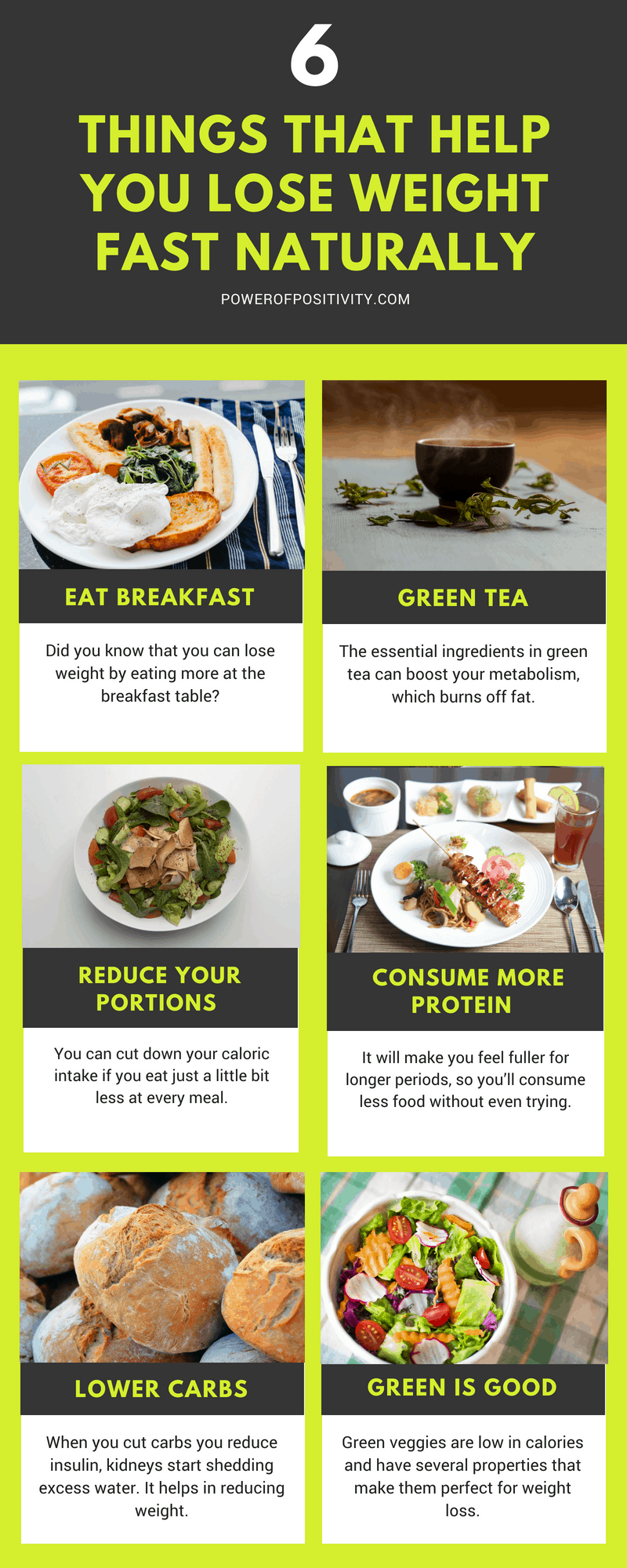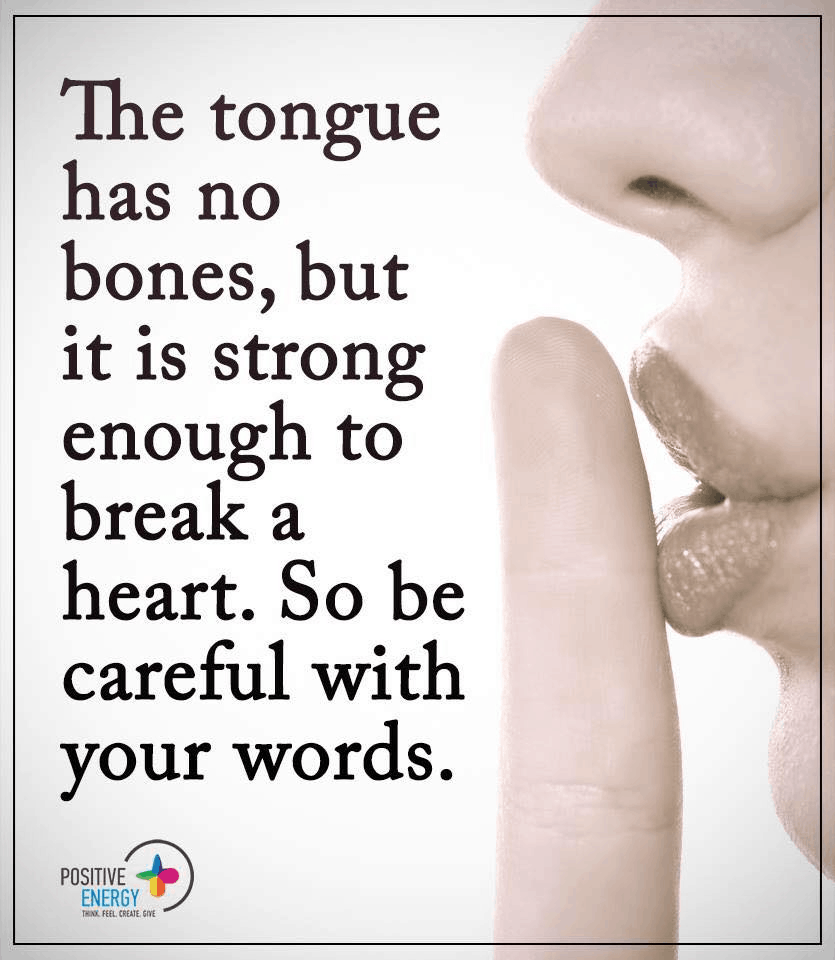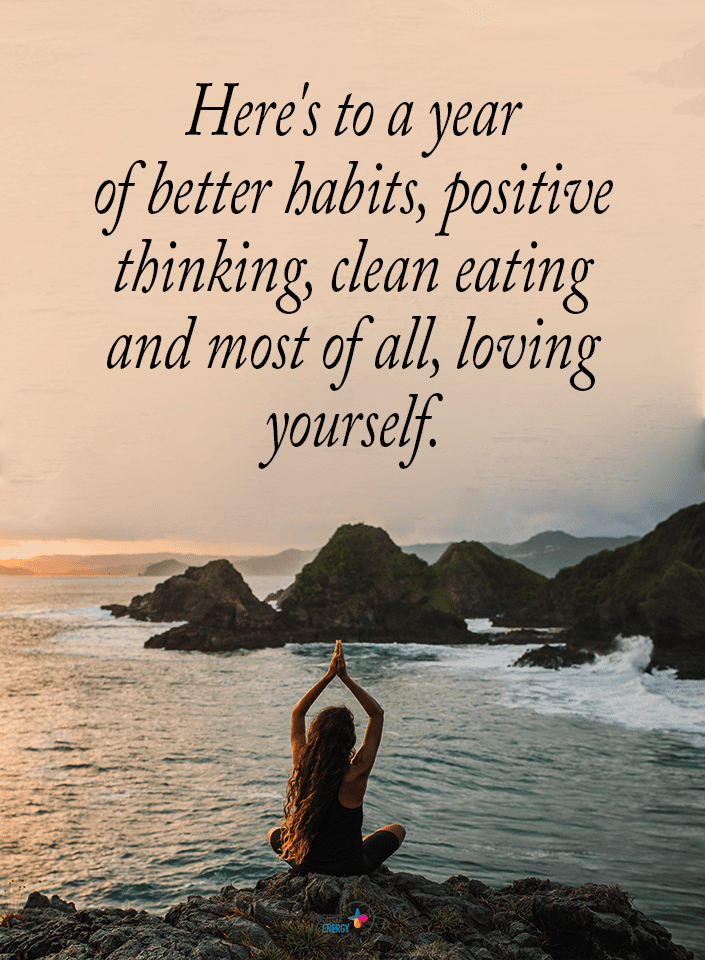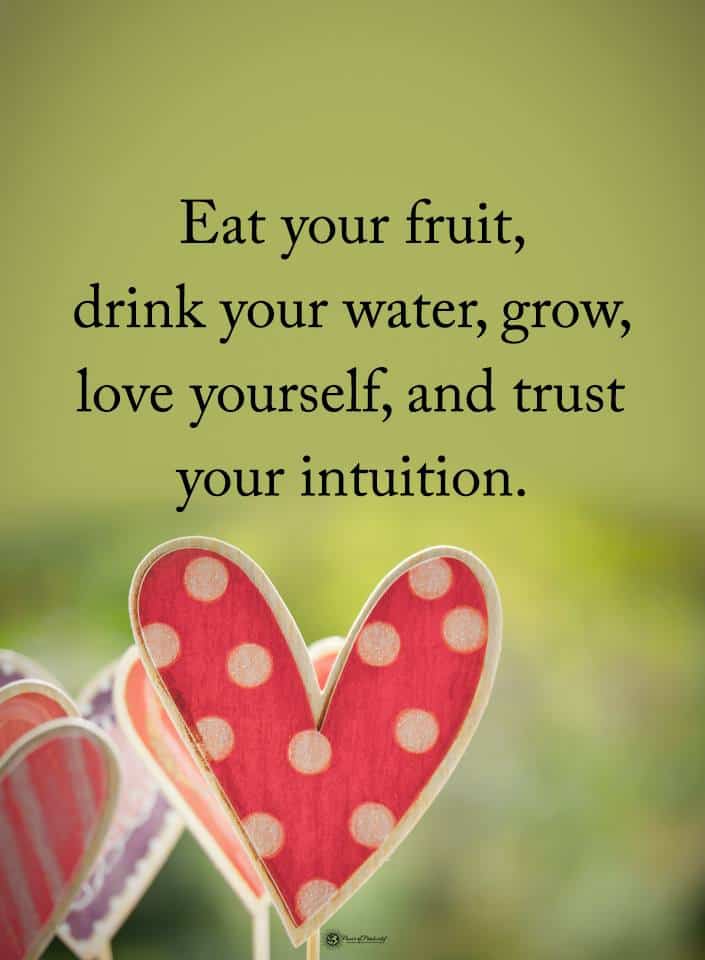What is bulimia nervosa?
Bulimia nervosa, most often referred to as ‘bulimia,’ is a severe eating disorder that involves frequent episodes of binge eating followed by radical efforts to avoid weight gain.
The condition is most commonly seen in young women, though male cases have been reported. Statistics show that the condition can also develop during any period of life, though bulimic patients of middle-age and older are exceedingly rare.
People who suffer from bulimia are pulled in two extreme directions – an overwhelming compulsion to eat, and a strong desire to not gain weight.
Many (though not all) bulimics engage in “binge-and-purge” cycles. When the urge to eat becomes strong enough, the person will binge eat. Binge eating is defined as “a disorder in which you frequently consume unusually large amounts of food and feel unable to stop eating.”
After bingeing, the bulimic usually feels a profound sense of guilt and shame, which leads to the need to purge. How the bulimic engages in purging is individualistic, but may involve the taking of laxatives, vomiting, or working out to the point of exhaustion.
What causes bulimia?
1.5 percent of American women suffer from bulimia nervosa in their lifetime. ~ National Association of Anorexia Nervosa and Associated Disorders
Per medical experts, there is no single cause of bulimia. The individual’s genetics, self-awareness, and self-image are all thought to play a role.
Historically, low self-esteem and concerns about weight and body image are, by far, the biggest risk factors. Other risk factors include stressful life changes, history of abuse or trauma, or mental health complications.
What are the effects of bulimia?
Bulimics suffer psychological and physical effects both because of – and resulting from – their condition.
Having bulimia puts a person’s life at risk. Physicians concede that the most dangerous side effect of bulimia is dehydration from purging.
Vomiting, diuretics, and laxatives may cause an unhealthy change in the body’s electrolyte counts, usually as the result of low potassium levels. Consequently, the body may produce dangerous and potentially life-threatening symptoms, including irregular heartbeat and kidney failure.
5 Signs of Bulimia
Bulimia is a heartbreaking condition, both for the person suffering and their loved ones. Fortunately, there is help available, and we can take heart in knowing this.
If we know what to look for, we’re in a better position to help. With that said, here are five common signs of bulimia:
1. Swollen cheeks and eyes
Bulimics who purge themselves by vomiting will often have swelling around the cheeks and eyes. Also, many bulimics who induce vomiting will strain to the point of bursting blood vessels in the eyes. Bursting blood vessels will always swell, causing the vessels to appear more prominently.
2. Weight fluctuations
As purging is not an effective way of eliminating calories from the body, most bulimics will not appear underweight. It’s more common for them to be of average weight or slightly overweight. However, most people battling bulimia will display severe weight fluctuations. They may lose 10 to 15 pounds, even more, in a short period.
3. Withdrawal
Bulimia’s effect on an individual is not limited to physical appearance. Sadly, bulimia may lead to the development of anxiety and depression. Anxiety and depression, along with feelings of shame and guilt, will cause the person to stop engaging socially.
4. Listen for obsessions
Some bulimics may have trouble concealing their strong mental and emotional states. If you notice them discussing extreme ways of losing weight, insecurity about their body and self-image, or obsession over health and appearance in another way, it’s wise to take note of this.
5. Put everything together
Remember that not everyone suffering from bulimia engages in purging. Also, keep in mind that there is no way to disguise bulimia’s effects on the mind and body. Psychologically, the condition almost always leads to depression, anxiety, or withdrawal. Physically, you’ll almost certainly notice drastic weight changes if paying attention.
Getting help
If you or someone you love may be suffering from bulimia or another eating disorder, there is help available. Trained eating disorder professionals and other qualified medical personnel can help them regain health, eat normally again, and work through any underlying or resulting psychological issues.
In the U.S., the National Eating Disorders Association’s toll-free hotline can be reached at 1-800-931-2237. They can provide free advice, information, and referrals to anyone who calls. The consultation is completely confidential.
EDReferral.com provides a comprehensive list of eating disorder and bulimia treatment providers.














